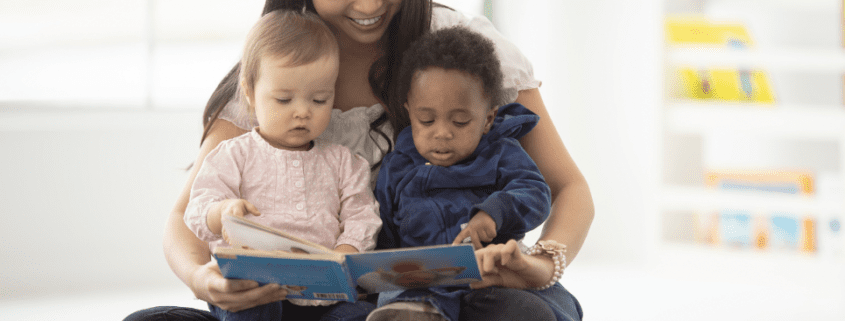When it comes to raising children, there is no one-size-fits-all approach. Every family has different needs and preferences when it comes to daycare vs. stay-at-home parenting.
While daycare provides an opportunity for parents to go back to work or pursue other interests, stay-at-home parenting allows for more personal involvement in the day-to-day upbringing of a child.
In this article, we will discuss the pros and cons of both daycare and stay-at-home parenting, as well as the educational differences between them. We’ll also explore how each option affects parent fatigue and social opportunities available to children who are being raised by either method.
Daycare and Stay-At-Home Advantages
When it comes to daycare, parents typically enjoy having more flexibility in their day-to-day lives. They can pick up and drop off their children as needed, and daycares often offer additional services like meals, snacks, and activities for kids. In addition, daycare can provide a structured environment for children, allowing them to thrive in an educational setting that may not be available at home.
Stay-at-home parenting also has its advantages. Parents are able to be more intimately involved in their child’s day-to-day activities, and can provide a more nurturing and secure environment for their children. Another benefit is that stay-at-home parents can save money on daycare costs while still providing their children with a stimulating and safe environment.
Daycare and Stay-At-Home Disadvantages
While daycare certainly has its benefits, there are some drawbacks as well. It can be expensive, and daycares often have strict policies regarding discipline and other issues that may not fit with a parent’s parenting style. Parents who prefer enrolling their children in daycare might also find themselves dealing with long daycare wait lists or having to settle for a daycare that isn’t the best fit.
Stay-at-home parenting is also not without its disadvantages. Parents who stay at home can become isolated and may not have access to the same resources or professional advice that daycare centers provide. Parents who prefer the homeschooling setup can find themselves overwhelmed and overworked as they try to juggle childcare, work, and day-to-day tasks.
Educational Differences Between Daycare and Stay-At-Home Parenting
When it comes to educational opportunities, daycares typically offer preschool programs and other educational activities designed to stimulate children’s cognitive development. The daycare approach also allows children to interact with other kids their age, providing a social learning environment.
Stay-at-home parents, on the other hand, often have more freedom to tailor educational activities to their child’s individual needs. They can provide more personalized education and still foster social interaction by attending day trips or other activities with their children. The learning approach is also more flexible, allowing parents to adjust activities and lesson plans as needed.
Overall, both daycare and stay-at-home parenting offer advantages when it comes to educating children. The key is to find the approach that works best for a family’s individual needs and preferences.
Parent Fatigue & Social Opportunities
There is such a thing as parent fatigue whether the family chooses a daycare or a stay-at-home setting. Daycare parents will often feel the strain of having to juggle daycare drop-off and pick-up times, while stay-at-home parents can feel overwhelmed by managing day-to-day tasks and homeschooling.
In terms of social opportunities, daycares often offer a variety of activities designed to expose children to different social settings and experiences. Stay-at-home parents, however, will have to be more proactive in creating opportunities for their children to interact with other children and adults.
How Do You Know Which One Works For Your Family?
Every family’s needs are different, but daycare vs. stay-at-home parenting both have their pros and cons. It’s important to weigh the merits of each approach before deciding what works best for your family. Consider asking yourself the following questions:
- Do I have the resources to afford daycare?
- Am I comfortable with the daycare’s policies and practices?
- Am I able to provide my children with a nurturing and safe environment if I stay at home?
- Is daycare or staying at home best for my child’s educational needs?
- Can daycare or staying at home provide enough social opportunities for my child?
Ultimately, daycare vs. stay-at-home parenting is a personal choice that comes down to the unique needs and preferences of each family. It is important to assess each option and take into account your own values, lifestyle, budget, and other factors so you can make an informed decision.
Considering Daycare?
Cadence Education can help you explore daycare and preschool options for your family. Many of our daycares are accredited by the National Association for the Education of Young Children and offer age-appropriate curricula designed to nurture and support your child’s physical, social, and cognitive development.
In addition to daycare programs, we also provide a range of daycare services, including after-school care, holiday, and summer camps, and day trips.
Contact us today to learn more, or browse our locations to see if there’s a Cadence Education school near you.

